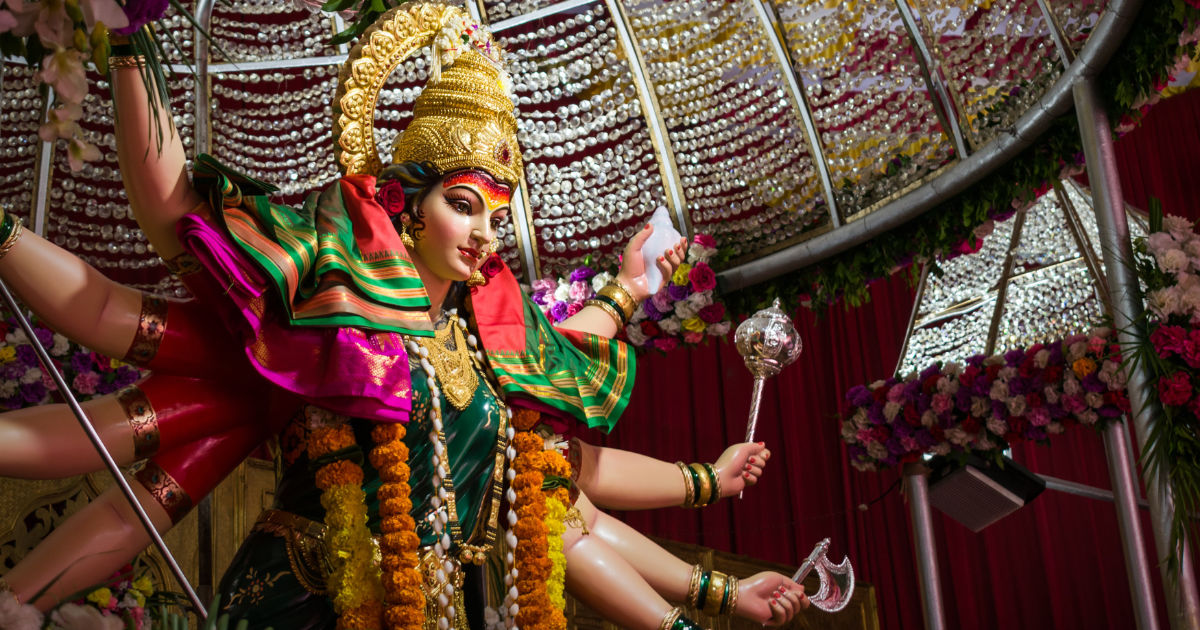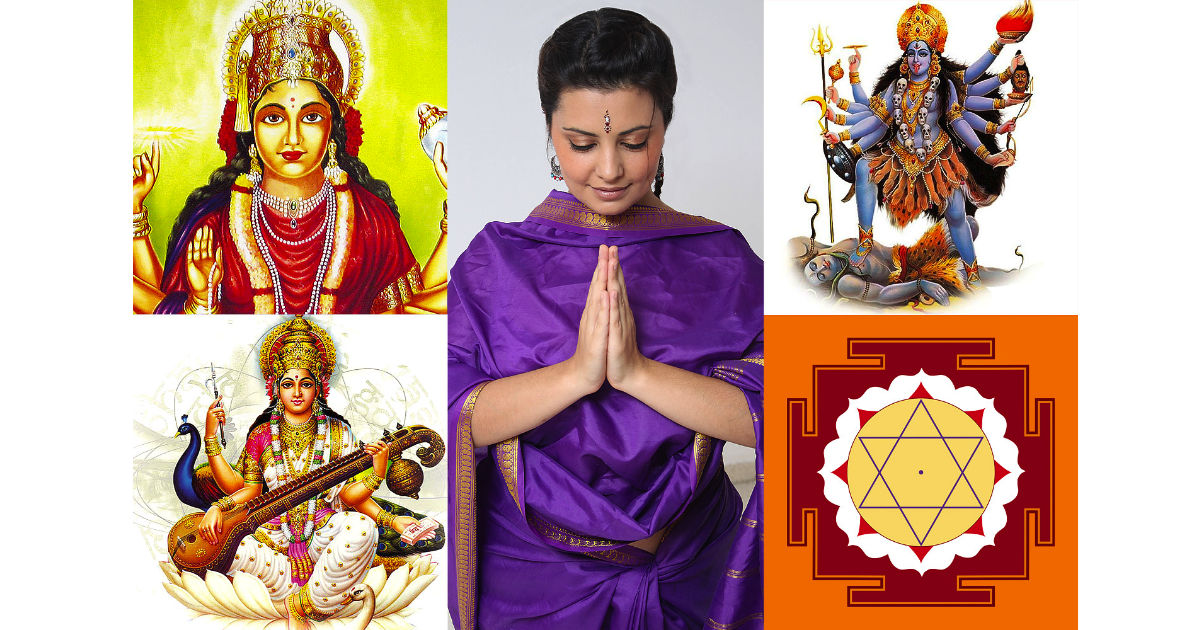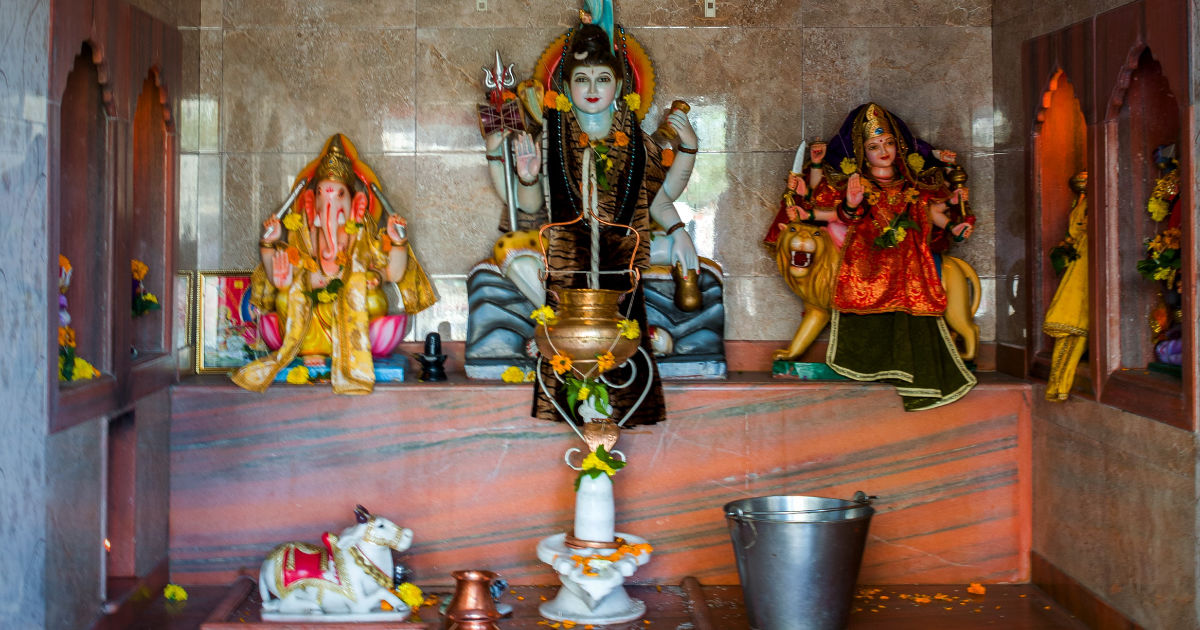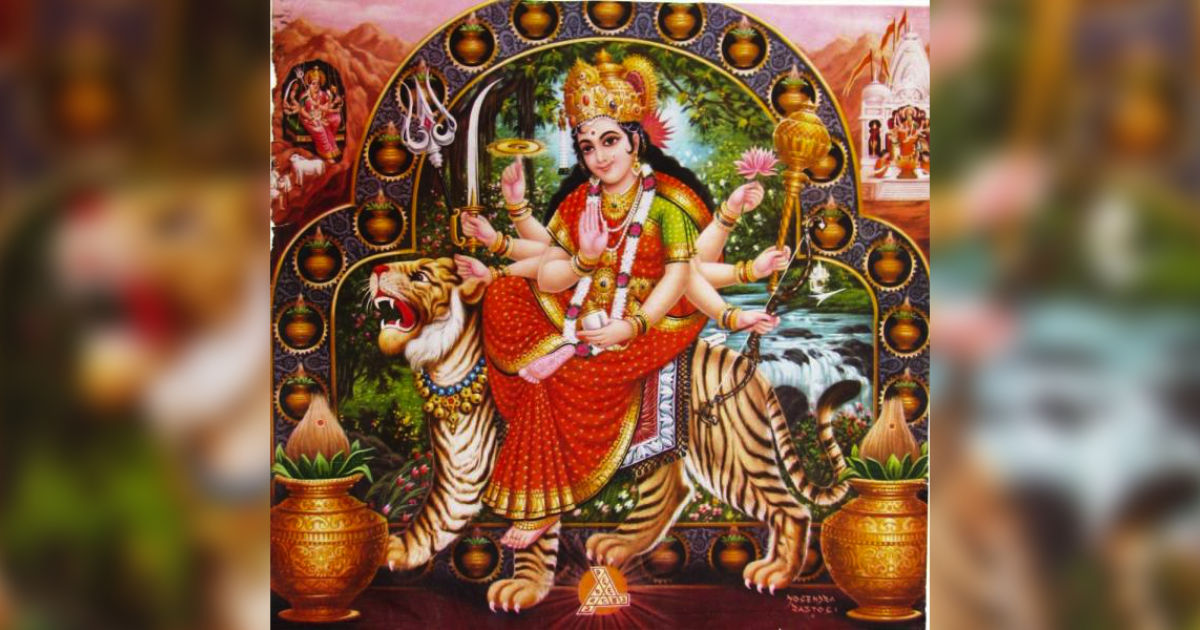The Goddess has been worshipped in the vedic and tantric traditions in numerous forms. Thousands of goddesses exist in India, all manifestations and symbols of one energy and power. As Durga, she is the remover of obstacles, as Kali, the destroyer of time and annihilator of the ego. As Lakshmi, she is the granter of wisdom and knowledge. As Saraswati, she is the granter of wisdom and knowledge. As Tara, she is the guiding light. As Jagdamba, she is the mother of the universe. Continue reading
Tag Archives: kali
215 – Shiva and Shakti
Shiva is considered the Absolute Lord and his power is represented by Shakti, Durga, Kali and Mother. Durga is identified as the energy aspect of Shiva. Without Durga, Shiva has no expression and without Shiva, Durga has no existence. Shiva is the soul of Durga. Durga and Shiva are identical. Continue reading
213 – Namaste Navratri and Summer Solestice
We all have to join together and rid the universe of evil and destruction. In the Shastras it is written that the easiest way to experience God in these troubled and turbulent times is by worship. We need not go into a complicated philosophical discussion. All we have to do is to bow our heads before the deity, who is greater than any other power of the world. Aradhana (prayer) starts from this act and progresses gradually towards bliss and love. Begin with the deity, one loves and adores (it can be the elements, chakras, and yantras), and one rises progressively above the form and merges into the supreme atman. Continue reading
190 – Hindu Gods and the significance of their vehicles
Every important Hindu God has an animal as its vahana (vehicle). They are never without them. In Sanskrit vahana means that which carries or that which pulls. These vahanas are either animals or birds and they represent the various spiritual and psychological energy that bears the Gods. The vahana may wear a saddle upon which the deities sits, or they may pull a chariot, driven by the deity. Continue reading
149 – Violence, ferocity, and repression
 These are strong expressions and we would be in a state of denial if we said that we had never experienced these feelings. When we ask ourselves, “Who am I?” Do we know the answer to that question? We are aware of our individuality. Our individuality is identified with our mind, our senses and our body. We are a single entity. Therefore our anger stems from dissatisfaction, unfulfilled desires embedded in roots of attachment. Continue reading
These are strong expressions and we would be in a state of denial if we said that we had never experienced these feelings. When we ask ourselves, “Who am I?” Do we know the answer to that question? We are aware of our individuality. Our individuality is identified with our mind, our senses and our body. We are a single entity. Therefore our anger stems from dissatisfaction, unfulfilled desires embedded in roots of attachment. Continue reading




